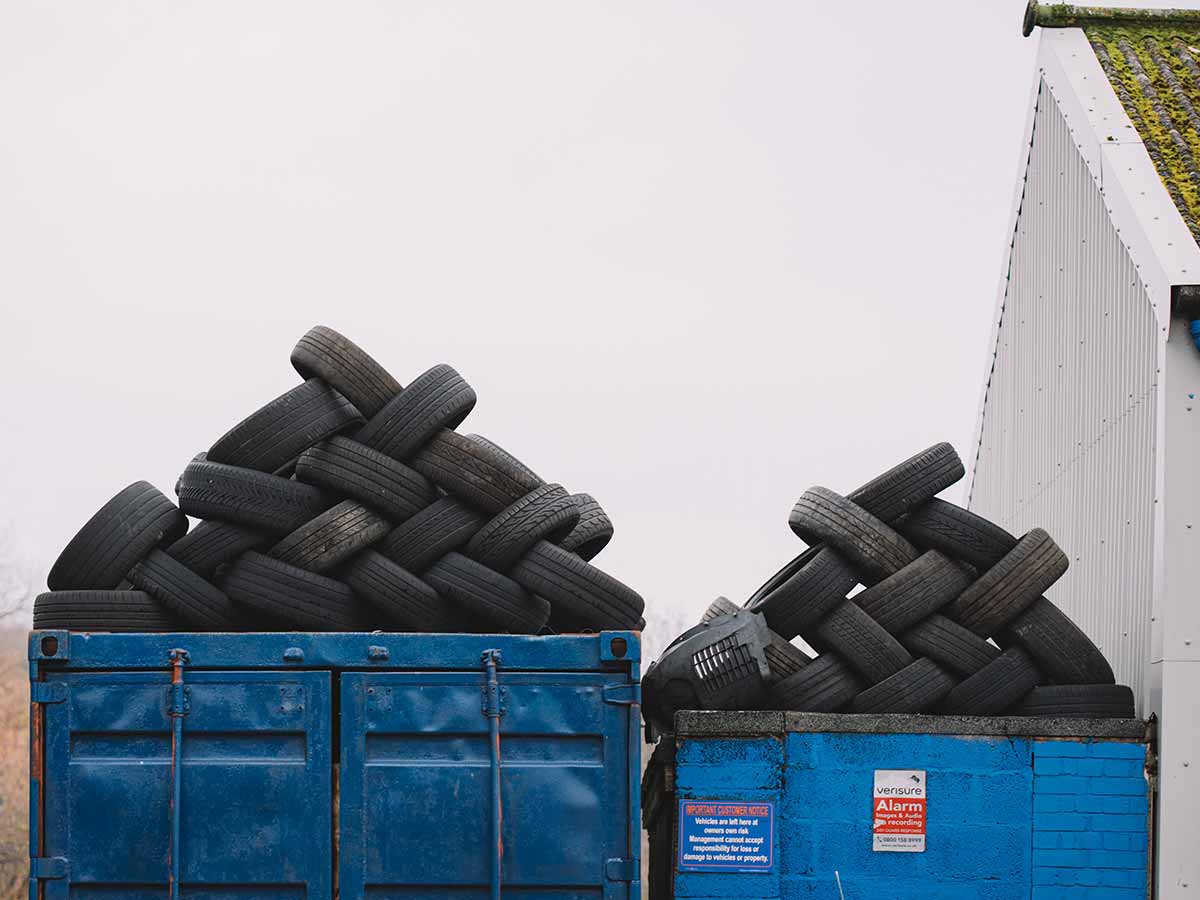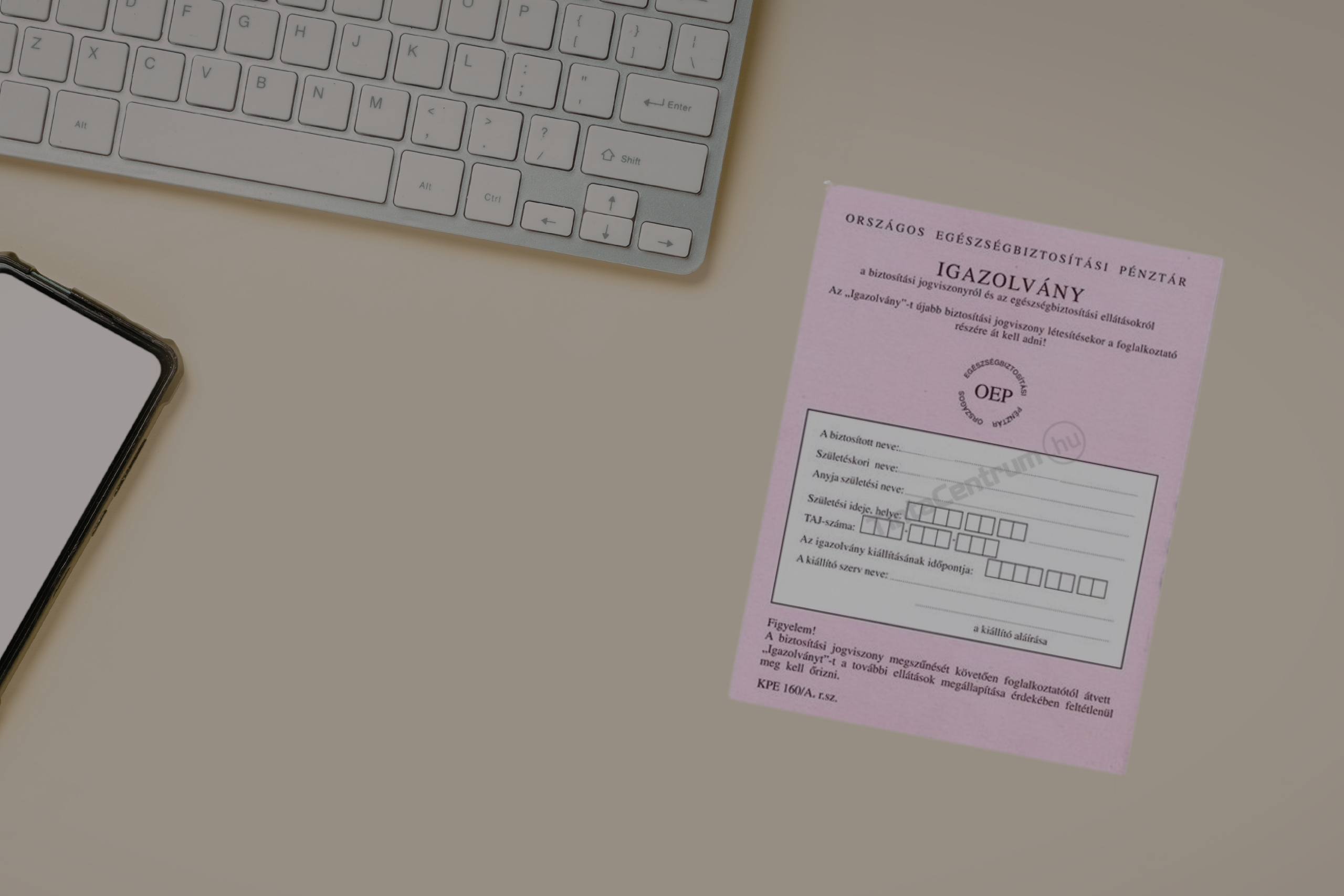
Extended Producer Responsibility legislation
The Government Decree 80/2023 (III. 14.) (hereinafter EPR Decree), which sets out the detailed rules for the operation of the extended producer responsibility system, was published in the Hungarian Official Gazette no. 37 in 2023.
The basic principle of extended producer responsibility is that the costs of waste management arising at the end-of-life cycle of a certain products should be borne by producers (also including in the case of products imported from abroad, the first supplier). The producer/obligor is responsible for the cost of the waste treatment of the waste generated by the product subject to the green tax. The new legislation imposes new fee payment and administrative obligations on almost all producers and traders in Hungary. As a consequence, from 1 July, most businesses will be affected by both the existing green tax obligation and the new extended producer responsibility fee (hereinafter: EPR fee) obligation mentioned above. The general rules for this are set out below, with a specific focus on the comparison of the two obligations where possible.
Range of circular products
The circular products covered by the EPR Decree are the following: packaging, certain single-use and other plastic products, electrical and electronic equipments, batteries, accumulators, motor vehicles, tyres, office papers, commercial printing papers, baking oils, baking greases, certain textile products and certain wooden furnitures. Some products are defined differently from green tax (where classification is based on tariff codes), typically by reference to a description and a term (or tariff codes) in the decree or other legislation. It is important to underline that there will be “only” new circular products (e.g. motor vehicles, textiles), there will be products that are subject to both the green tax and the EPR fee (e.g. electrical and electronic equipment, packaging – packaging material, tyres) and there will remain “only” products subject to green tax (e.g. lubricating oil).
Definition of obligors
In principle, those companies will be subject to the EPR fee that are considered to be the producer of the above circular products, i.e., like the green tax, the first domestic supplier or first users for own purposes of these products. In the case of packaging, the first domestic supplier of the packaging on the packaged product will be the packaging manufacturer (i.e. the business entity performing the packaging).
From 1 July 2023, foreign companies sell to end-users in Hungary as an e-commerce service may also become liable regarding both the green tax and the EPR fee however they are no longer required to register for VAT in Hungary due to the One Stop Shop (OSS) (and were therefore exempt from the product fee until 30 June). Typical examples are foreign webshops, which from 1 July will be subject to both the green tax and the EPR fee, regardless of the fact that they are not required to register for VAT in Hungary.
Liabilities
Companies are obliged to make the necessary registrations, reporting data and pay the EPR fee.
Registration
A producer may comply with the registration obligation by applying to the National Waste Management Authority (hereinafter “the Authority”) for registration, declaring whether it will fulfil its EPR fee obligations by collective performance or individual performance. The deadline for this is 31 May 2023.
In addition, by 30 April (or within 15 days after the start of the activity), the producer must also register on the partner portal of the designated concession company, MOHU MOL Hulladékgazdálkodási Zrt. (hereinafter MOHU). Here must define the circular products under which the EPR fee arises.
Keeping records, data reporting
Companies that qualify as producers will be obliged to keep up-to-date records including KF codes of their circular products, with the data content specified in the above-mentioned Decree. They will be obliged to provide the data to the Authority on a quarterly basis, by the 20th day of the month following the quarter in question. The first data reporting for Q3 2023 is due by 20 October 2023.
Payment
The MOHU concession company will issue an invoice for the quarterly EPR fee to the producer based on the categories and quantities of circular products supplied or used for own purposes by the producer, based on the information received from the Authority, and the amount of the invoice shall be paid to MOHU within 15 days of receipt of the invoice.
The EPR fee shall be determined based on the weight of the product subject to the EPR fee, as is the case for the green tax, multiplied by the fee rate established for the fee code of the product. The exact amount of this fee will be determined by decree of the Minister responsible for waste management on the basis of a proposal by the Hungarian Energy and Public Utility Regulatory Authority. The weight of the product can be determined by the company’s own management information system (ERP), the supplier’s data, the content of the purchase receipt or by measurement.
If a product is subject to both the green tax and the EPR fee, from 1 July 2023 the EPR fee will be deducted from the current green tax which will continue to be paid to the National Tax and Customs Authority (hereinafter HTA) as usual. In the case of packaging material, the EPR fee payable for the packaging produced from it will be taken into account as a deduction, regardless of the fact that it will not be paid by the distributor of the packaging. Therefore for a given product, the same charge is payable – but in two directions – until the EPR fee exceeds the green tax.
Billing, administration
The new rules also affect invoicing, with mandatory information requirements: the vendor invoice for placing the first time in the internal market of the products concerned, or in the absence of an invoice, the document made out on the transaction will now have to include the following text “The seller is liable for the EPR fee.” In some cases, other information may also have to be included, which may impose an additional administrative burden, including system set-up tasks on the parties concerned. A further administrative difficulty is that the structure of the KT, CsK and KF codes are different, which can take considerable time to classify products, and it is also recommended to reconsider the product categories now.
Authorities, procedures
In relation to the EPR fee, the HTA has no competence, the MOHU and the (National Waste Management) Authority are competent. The compliance obligations of the producer will be verified by the territorial competent national waste management authority.
In view of the new tasks and obligations which will also affect the day-to-day business, it is advisable to seek professional assistance for preparing for the new EPR system.
Should you have any questions on the above, please feel free to contact our advisors:
Krisztián Vadkerti, partner
Katalin Volpert, szenior adótanácsadó
Anett dr. Schirling, junior adótanácsadó
The information contained in this Newsletter is for information purposes only. It is not a substitute for professional advice, which necessarily takes into account the circumstances of the situation. We reserve the right to change the information and opinions contained in this Newsletter without notice. Neither PKF nor any of its partners or employees shall be liable for the completeness or accuracy of this Newsletter or for any damages arising from acting or refraining from acting on the basis of this Newsletter.
PKF Hungary is a member of PKF Global, the network of member firms of PKF International Limited, each of which is a separate and independent legal entity and does not accept any responsibility or liability for the actions or inactions of any individual member or correspondent firm(s).
Lépjen kapcsolatba szakembereinkkel!
Az alábbi űrlap segítségével feliratkozhat szakmai hírlevelünkre, így folyamatosan értesítjük az adózás, a könyvelés és a bérszámfejtés területén megjelenő újdonságokról.











